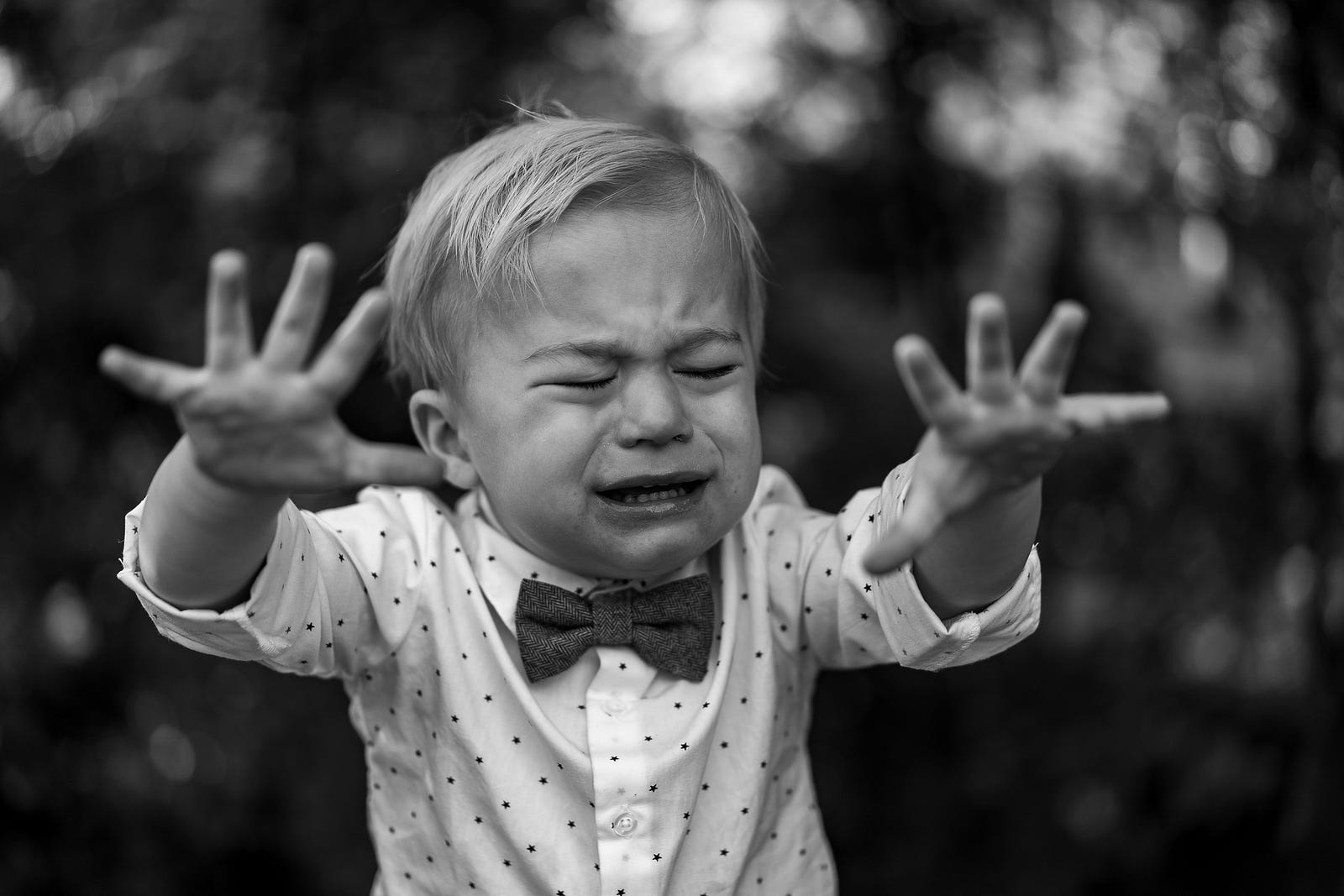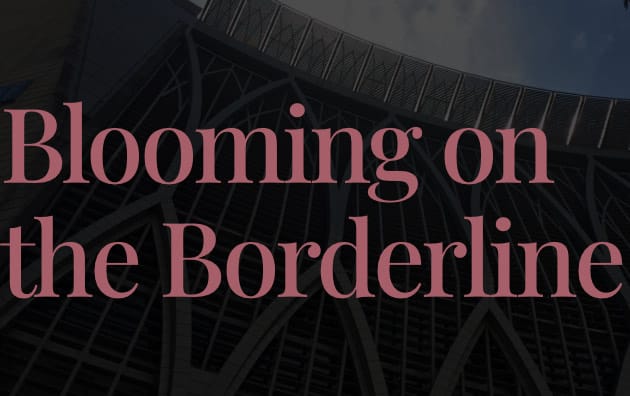28 Signs that a Child May Have Narcissistic Personality Disorder
Solving this massive mental crisis takes emotional maturity and radical empathy.

Many people submit to the fantasy that Narcissistic Personality Disorder is a choice that people make in adulthood: they simply choose to lack conscience and knowingly abuse people.
However, NPD, like any Cluster B disorder, is actually a mental illness.
It’s not only not a choice, but it operates as consistently as a computer algorithm and it roots in early childhood: people with personality disorders have them lifelong.
This is why they are called personalities.
For those of us who suffer from them, the way we see and feel about the world feels very normal to us, and even toxic behaviors that we were raised with in the home seem normal: we become chemically dependent on them and are hardwired to attract to people who repeat the toxic cycles of pain from our childhoods.

Narcissists and sociopaths were disordered even in their childhood.
We never diagnose any child with a personality disorder until the age of 18 in the field of psychology, and childhood sociopathy is diagnosed as Oppositional Defiance Disorder, but I know that I was a borderline since I was a child, just as my sister was a narcissist since she was a child, because all of our trauma behaviors manifested clearly when we were young.
They were trauma defenses to survive our childhood with two sociopathic parents.
However, since narcissism is rooted in stunted emotional intelligence, what is normal for a narcissist is also normal childish behavior: that’s why we call it emotional immaturity.
The difference for a narcissist child is that they never emotionally develop or grow.
We do children a grave injustice by ignoring and denying our mental health realities for 18 years, and narcissist children struggle tremendously: they also do significant harm to other kids, often as bullies or sexual predators.
If we ever want to solve the problem of Cluster B disorders, then adults with empathy must fight for children to have access to mental health care in schools, and we need to get serious about early intervention for childhood trauma.
But a major problem is how many adults, especially those who work with kids, lack empathy entirely themselves, and many just lack the courage and conviction to speak out about social change, much less imagine new ways to solve our pressing problems.
But this would be much more effective to reduce school shootings than police have been, I promise: police, to date, have prevented zero deaths in school shootings. They have, however, contributed to more police brutality, especially amongst students of color, thus worsening the cycle of harm.
